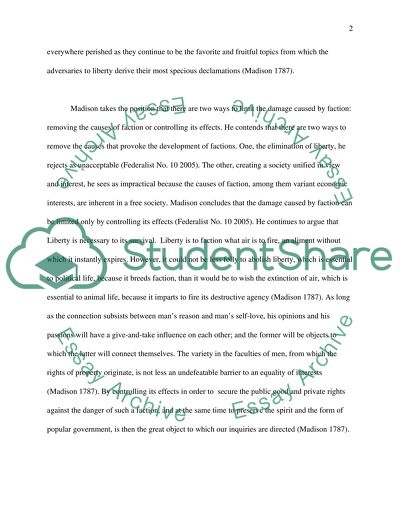Cite this document
(“Federalist paper Essay Example | Topics and Well Written Essays - 1000 words”, n.d.)
Federalist paper Essay Example | Topics and Well Written Essays - 1000 words. Retrieved from https://studentshare.org/history/1502442-federalist-paper
Federalist paper Essay Example | Topics and Well Written Essays - 1000 words. Retrieved from https://studentshare.org/history/1502442-federalist-paper
(Federalist Paper Essay Example | Topics and Well Written Essays - 1000 Words)
Federalist Paper Essay Example | Topics and Well Written Essays - 1000 Words. https://studentshare.org/history/1502442-federalist-paper.
Federalist Paper Essay Example | Topics and Well Written Essays - 1000 Words. https://studentshare.org/history/1502442-federalist-paper.
“Federalist Paper Essay Example | Topics and Well Written Essays - 1000 Words”, n.d. https://studentshare.org/history/1502442-federalist-paper.


